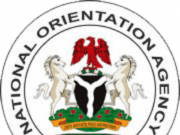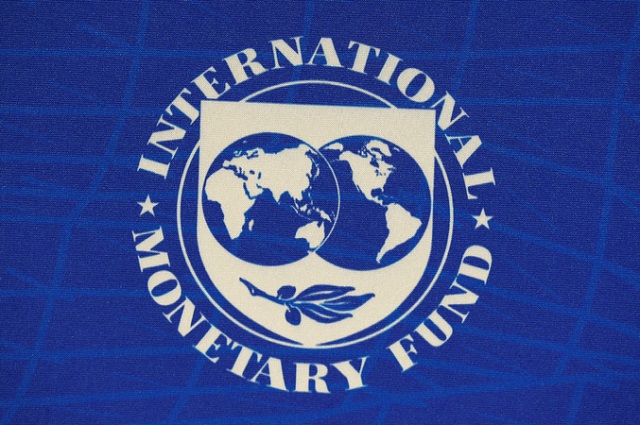The International Monetary Fund (IMF) has given its nod to the ongoing Central Bank of Nigeria (CBN)-led bank recapitalization plan.
The IMF’s approval for the project was contained in the Fund’s Article IV Staff Consultation Report on Nigeria, released yesterday.
The Fund also called for stronger supervision of the banking sector and improving the functioning of the forex market for a stronger financial sector.
The Fund recommended: “Further strengthening bank capitalisation and tight supervision are needed to mitigate emerging financial sector stability risks. Improving the functioning of the domestic securities and FX markets should enhance the monetary transition mechanism and attract capital inflows. Broadening access to financial services and fostering financial inclusion remain priorities.”
Reiterating the need for recapitalisation of banks, the Fund said that at the end of 2023, most commercial banks reported profits thanks to FX valuation gains, and banks’ capital adequacy ratio (CAR) improved to 13.3 per cent.
However, it said that three commercial banks that were unable to meet capital requirements have been placed under a special supervisory regime.
“Two development finance institutions are severely undercapitalised. Last year, CBN revoked the licenses of 132 insolvent microfinance banks, four mortgage banks, and three finance companies. NPLs stood at 4 percent for commercial banks but are rapidly increasing at microfinance banks (14 per cent), development finance institutions (19 per cent), and mortgage banks (20 per cent),” the report said.
The CBN recently announced a two-year bank recapitalisation exercise which commenced on April 1, 2024, and is expected to end on March 31, 2026.
The plan requires a minimum capital of N500 billion, N200 billion, and N50 billion for Commercial Banks with International, National, and Regional licenses respectively.
Credit: thenationonlineng.net











































































